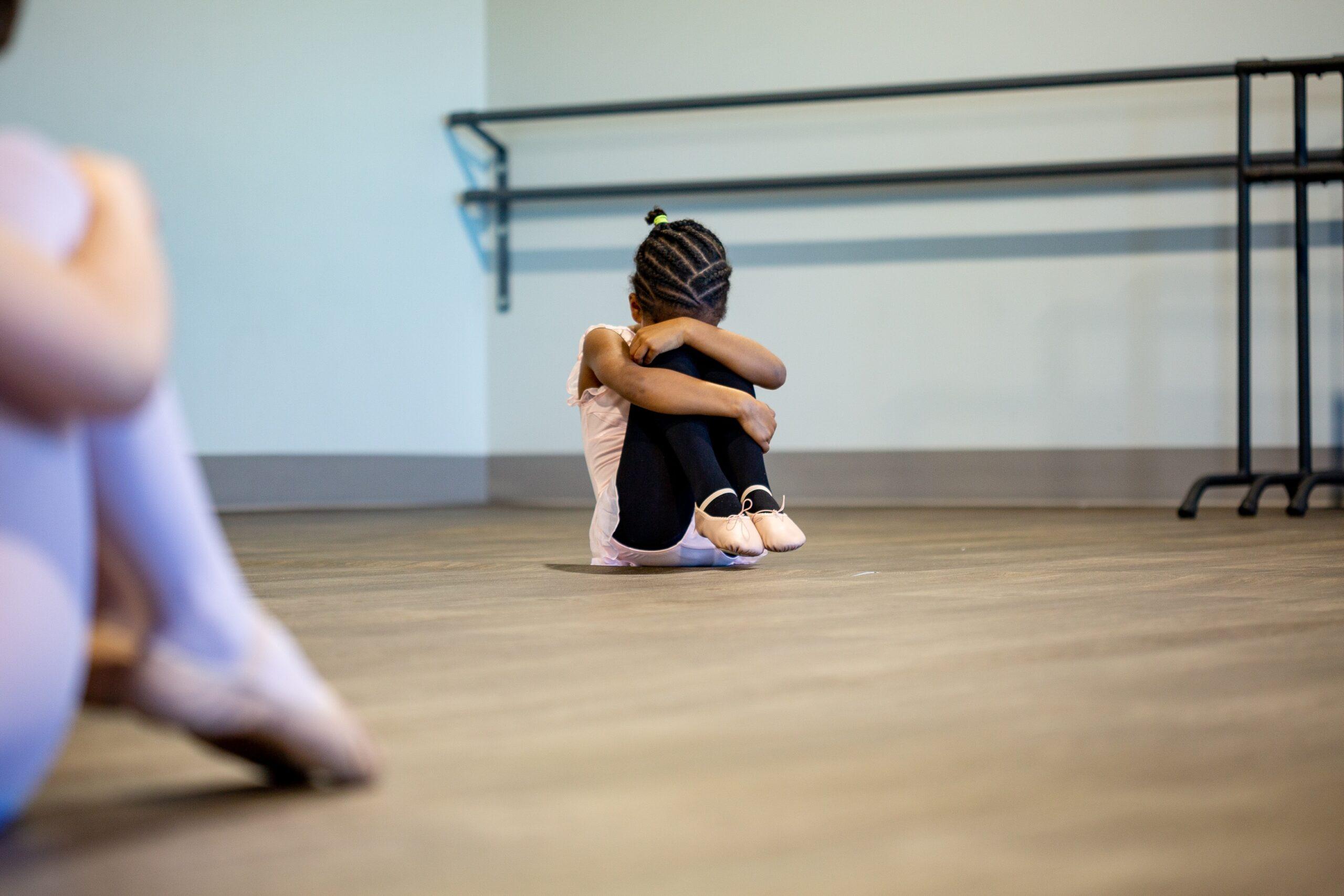Whether or not we can readily admit it, sometimes we find that the friends we love have kids we don’t like. Yes, this statement may be shocking to read in black and white. But even if you adore children, they’re still people; and well, you don’t always get along with everyone you meet in life!
In reality, it all comes down to parenting. Children are a reflection of the parenting, time, love, and attention they receive at home. You can’t control these factors, which means you might end up in a situation that entails awkward, stressful social gatherings.
No doubt, loving your BFF but disliking her children puts a strain on your friendship. To deal with this unpleasant scenario, consider the following suggestions.
1. Don’t spend time with your friend if her kids are around.
The easiest and most obvious solution is to avoid being around your friend if her children are present. Instead, invite your bestie to a girls’ lunch, ladies’ night, an adults-only movie, a fitness or art class, etc. This way, you get the benefit of time spent together sans kids.
2. Avoid playdates between your children and your friend’s family.
The already-stressful situation is even more challenging if you and your BFF have children of similar ages. Your kids may have the same feelings as you do about these particular peers and would also prefer to spend time apart from them. It’s your responsibility to take care of your children in this situation while maintaining your friendship. If a playdate is proposed, distract your friend with trying to plan adult time instead.
3. Discuss parenting techniques that have worked with your kids.
This could be a tricky talk to navigate. Being a parent is the toughest job out there, and some people may be sensitive when it comes to suggestions about how to do it. Even so, it could be worth attempting to chat with your friend about parenting skills that have been lifesavers for you. Usually moms and dads are aware on some level that their kids are acting out or being annoying. Casually bringing up some preferred parenting methods could be helpful to your friend, who just may not be a natural when it comes to child rearing - especially if this her first time doing it.
4. Put distance in the friendship.
When a person clearly is not teaching her children to be respectful, polite, and decent human beings, it can change the feelings you have for your friend. If it becomes too stressful to be around this friend’s children, and you no longer see her the way you once did before she had them, you may want to back away from the friendship for a while or altogether.
5. Be honest with your friend.
If things are tense and the tactics mentioned are not working, gently express your thoughts and emotions to your friend. Make sure you don’t refer to her or her children in purposefully hurtful ways, but rather use simple and truthful statements about your feelings.
For example, you could say, “I love our adult time together and want to continue to nurture that. However, I have a hard time being around your children (as do my kids) as I don’t feel they have yet learned to respect other people’s boundaries, which I’m sure you are working on.” In this way, you are clearly stating your needs and feelings while broaching the issue at hand.
The apple usually doesn’t fall from the tree. Parents whose children are not disciplined tend to come from parents who have a hard time disciplining themselves. Give your friend the benefit of the doubt, though, and see if there are any tips you can try that could help. If she still seems oblivious, then limit your time with your friend to adults-only time or reevaluate the relationship.




